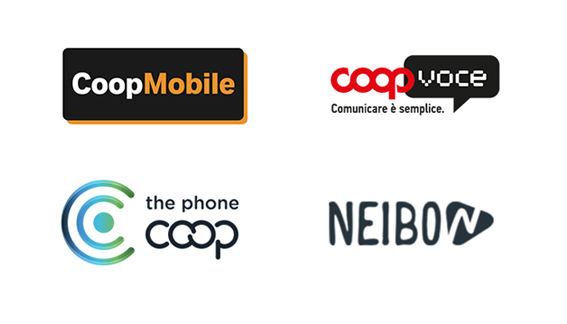Do you trust your mobile operator?
Does subscribing make sense? Does it reflect your values, or is it an inconsequential purchase, almost like purchasing groceries?
Today, some individuals wish to regain power in all areas of consumption. One of the signs of this trend is the rise of cooperatives. As a basic trend, they are gradually thriving all over the world, and range from banking to energy (Crédit coopératif, The Cooperative Bank, Energcoop, Coop Energy, etc).
What is a cooperative?
Explicitly, what is a cooperative? It can be described as "a company with collective ownership where power is exercised democratically". This is certainly the definition by the International Cooperative Alliance, an NGO with more than 300 cooperatives around the world. In other words, in a cooperative, the capital is provided by the member clients and, above all, management is coordinated among them.
A phenomenon that is becoming more apparent in the telecom sector.
The cooperative is therefore a transverse movement that is increasingly prominent in telecoms, with convincing examples across Europe: “The Phone Coop” in the United Kingdom, “Coop Mobile” in Switzerland, “Coop Voce” in Italy or, better still, the new “Neibo” in Belgium. These cooperatives can provide different IT services (fixed telephony, internet access, mobile telephony) but usually start with a mobile offer. Why? Simply due to the fact that investments are lower because of the MVNO model.

The will of consumers is clear: giving meaning to their purchase by defending an ethic.
Transparency is the first medium put forward by cooperatives to defend this ethic. Cooperators are systematically informed of the company's financial statements and are also aware of all the decisions. This leads to the second pillar: the capacity to act. Cooperators are regularly involved in the decision-making process through general meetings or votes, and therefore have the opportunity to influence the company's strategy.
Finally, the third pillar, and perhaps the most important, is this desire to create a sustainable and fair model. Each cooperative has its own way of distributing turnover and profits. Some focus primarily on job creation. Others such as Neibo aim to distribute profits among cooperators and charitable or fair projects. Finally, some cooperatives such as "The Phone Coop" reinvest the profits in other branches of the cooperative network to which they belong to create a global dynamic: farms, renewable energy, social projects, etc.
A community movement
Cooperatives reflect two fundamental needs of our time: the need to give meaning to our consumer actions and the need to regroup.
In telecoms, like elsewhere, end customers will often seek to group around a common value for better consumption. As a result, community-based mobile subscriptions are multiplying; offers for movie lovers, video game players, an ethnic community, fair and sustainable offers, offers for frequent travellers and so on.